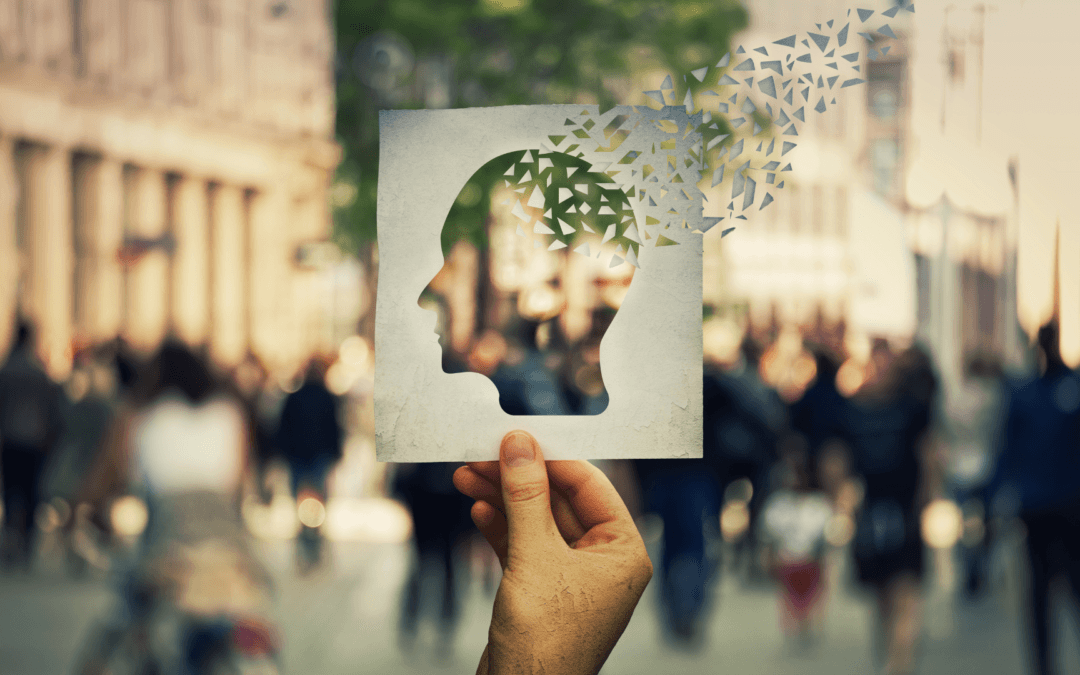Alzheimer’s disease is a type of dementia that affects the memory, thinking and behaviour of the individual. Dementia often refers to the broader term for conditions that negatively affect a person’s memory, thinking and behaviour thereby interfering with everyday tasks and living. Alzheimer’s is the most common form of dementia and accounts for 60-80% of dementia cases.
As a progressive disease that mainly affects people 65 and up, Alzheimer’s gradually gets worse over time. In the beginning stages, the symptoms of early-onset Alzheimer’s include mild memory loss and trouble concentrating or finishing tasks. As it progresses, the individual may lose the ability to carry out a conversation, forget people and memories, have trouble comprehending things and fail to properly respond to their environment. They may lose track of their thought process and start to behave in ways that are uncharacteristic and strange.
A doctor can diagnose a patient with Alzheimer’s after doing several examinations and tests that assess their mental abilities. These can often be in the form of mental, physical, neurological and imaging tests. There is no known cure for Alzheimer’s disease. However, doctors can recommend medicines and treatments to ease the symptoms and delay the progression of the disease for as long as possible. In addition to medicine, lifestyle changes are required to best manage the condition. Memory care activities are important for people with dementia.
What causes Alzheimer’s disease
While there aren’t any definite causes of Alzheimer’s, experts have identified certain risk factors that put people at a higher risk of getting diagnosed with the condition. These risk factors include:
- Age: While Alzheimer’s is not a consequence of ageing, it does mainly affect people 65 and older.
- Family history: You’re more likely to get the disease if someone in your immediate family has developed the condition.
- Genetics: Certain genes have been linked to a greater likelihood of developing the disease. While blood tests can confirm if you have this gene that increases your risk of developing Alzheimer’s, it’s also not a definite thing as people without the gene may still get Alzheimer’s.
Symptoms of Alzheimer’s disease
While it’s well known that people with Alzhiemer’s experience serious memory loss and confusion as their cognitive abilities deteriorate, here are some of the other symptoms they may experience:
- Memory loss that affects their day-to-day living, such as forgetting to do things
- Difficulty executing familiar tasks, such as driving
- Trouble communicating and understanding
- Unfounded suspicions about family and friends
- Often feeling disorientated about times or places
- Mood and personality changed
- Behaviour changes
- Withdrawal from social activities
- Decreased judgement
- Decreased personal hygiene
Stages of Alzheimer’s disease
While Alzheimer’s can be broken down into 7 clearly defined stages, it’s important to note that these stages do overlap and that the disease affects everyone differently.
Stage 1: Before Symptoms Appear
While no symptoms have occurred at this stage, changes in the brain related to Alzhiemer’s may begin occurring. This could also refer to the stage whereby an early diagnosis based on family history or genetics can be made.
Stage 2: Basic Forgetfulness
The earliest symptoms appear, which can look like normal ageing-related forgetfulness. Your loved one still regains independence in all areas of life however may have occasional memory lapses.
Stage 3: Noticeable Memory Difficulties
Forgetting names and misplacing objects are often characteristic of this stage. It involves mild physical and mental impairments which can only really noticed by someone they’re very close to.
Stage 4: Memory Loss and Inability To Perform Everyday Tasks
Alzheimer’s is often diagnosed at this stage, still as early-stage. Major difficulties with memory such as forgetting significant details about their life can make this stage very frustrating and difficult for both the person with Alzhiemer’s and their families.
Stage 5: Decreased Independence
This stage is when your loved one may need to look into getting a caregiver or moving to a care facility. Basic tasks like getting dressed in the morning may become more difficult and your loved one may not be as independent anymore. Emotional changes are also common at this stage.
Stage 6: Severe Symptoms
During stage 6, the person with Alzheimer’s may not be able to respond to their environment the way they should be. As a result, they become dependent on others for day-to-day living. Communication also becomes difficult in this stage.
Stage 7: Lack of Physical Control
This stage may involve the loss of speech and facial expressions as a result of mental and physical impairment. Their mind may struggle to communicate and delegate tasks effectively causing their body to shut down. They become entirely dependent on the caregiver.
These stages are a guideline used to measure the progression of Alzheimer’s to better understand how to best treat the person with the disease. Irrespective of what stage of the disease they’re in, your loved one with Alzhiemer’s or dementia requires support to make them not feel alone through these challenges. Whether you decide to provide that support and guidance at home or get extra assistance by considering a specialised dementia and frail care facility like Livewell Estates, it’s important to do your research to better understand the needs of your loved ones and how this disease affects them.
